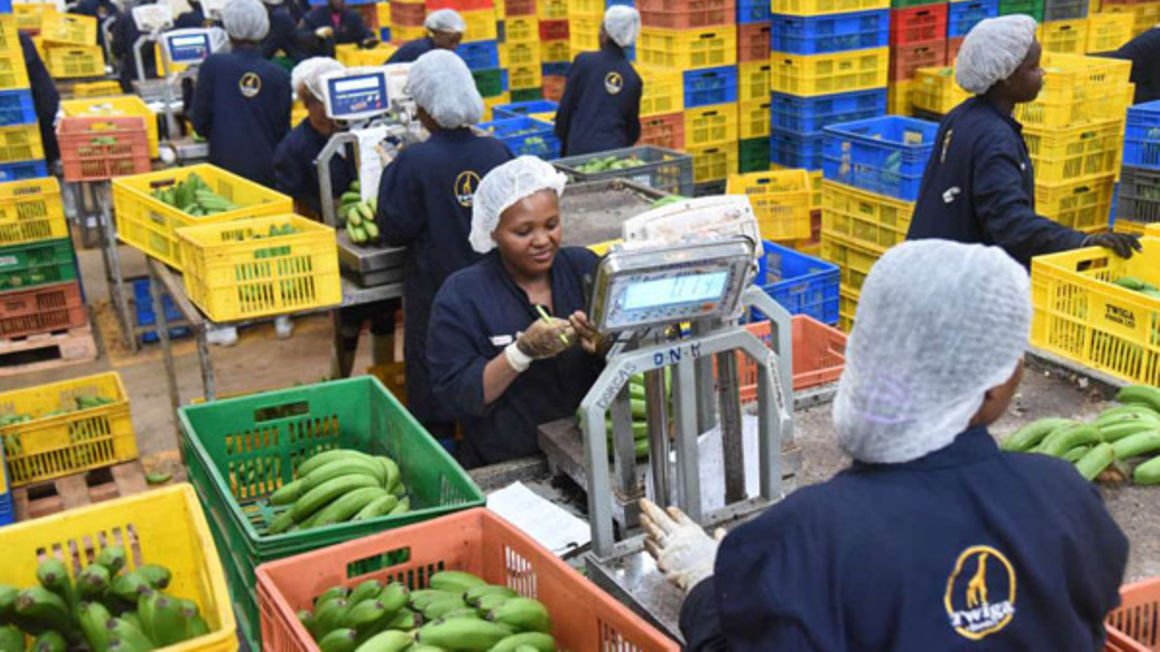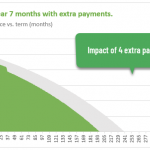Investments into East African startups fall by 50pc as Nigeria shines – The East African
Workers at Kenyan-based Twiga Foods Ltd. Big deals that took place in Kenya in 2021 include the $50 million Series C round in e-commerce food distribution platform Twiga Foods from a consortium of investors PHOTO | FILE | NMG
East Africa’s investments in startups declined by more than 50 percent in 2021, with deal activities falling by two percent, largely due to the impact of new restrictions imposed by governments to tame the spread of the third wave of the Covid-19 pandemic.
The latest Venture Capital in Africa report (April 2022) by the African Private Equity and Venture Capital Association (AVCA) shows that the value of funding raised by East African entrepreneurs as a proportion of total deal value in Africa fell by more than half to seven percent ($364 million) in 2021 from 18 percent ($900 million) in the seven-year period (2014-2020) .
However, in the continent, the total amount raised by African startups more than quadrupled to $5.2 billion from $1.1 billion in 2020 helped by a surge in venture capital (VC) deal activities in Nigeria.
The amount was raised from 604 unique companies, raising the average annual total deal value to $1.3 billion between 2014 and 2021 from $700 million between 2014–2020.
According to the report, African startups raised a total of $5 billion for the seven-year period to 2020.
Overall, the financial sector accounted for the largest share of VC deals by both volume and value in the continent followed by information technology and consumer discretionary.
“This increased proportion is due to the overwhelming influx of activity in, and capital allocated to, the financials sector in 2021 specifically, which drew a monumental 60 percent of the total deal value for the year,” the report says.
Nigeria played host to 23 percent of the total early stage investment deals in Africa in 2021 followed by South Africa (17 percent) and Egypt (15 percent), with Uganda coming in ninth with two percent.
Kenya’s VC funding was adversely impacted, attracting only 13 percent of total deal volume in Africa and just four percent of total deal value, with the declining performance compounded by increasing competition in the East Africa region from neighbouring countries such as Rwanda and Uganda.
According to the report 87 deals took place in Kenya in 2021, with a total reported value of $225 million.
Big deals that took place in Kenya in 2021 include the $50 million Series C round in e-commerce food distribution platform Twiga Foods from a consortium of investors including TLCom capital, the $40 million investment in Victory Farms, as well as British International Investment’s $10 million investment in asset financing platform M-Kopa.
Despite the poor performance of Kenya’s VC funding, the report notes that the country’s startup ecosystem remains robust, with over 200 new businesses being registered daily up from 30 business registrations daily six years ago.
A strong macroeconomic performance in 2021 as well as the recent introduction of a Business Regulatory Toolkit will likely foster a resurgence in Kenya’s startup ecosystem, the report noted.
The majority of venture financing directed to startups in Africa remains concentrated in early stage funding rounds.
According to the report the number of Africa-focused, but not headquartered startups has been on an upward trend in recent years.
Globally, investments in venture capital approached $600 billion in 2021 buoyed by fintech as Africa’s share remained small at $5 billion.
Several of these types of companies are founded by members of the African diaspora or have raised venture funding to expand or maintain their African presence.
West Africa attracted the highest volume (33 percent) of VC deals in Africa in 2021, rising two places to eclipse Southern Africa’s longstanding predominance between 2014 and 2020.
East Africa, North Africa and Southern Africa each accounted for 20 percent of the total deal volume.
Kenya’s Capital Markets Authority instituted a Regulatory Sandbox Platform in May 2021, admitting nine fintech startups to live test their products and services in a controlled environment free from the constraints of existing regulation.
The Uganda Capital Markets Authority in partnership with the European Union and FSD Uganda established the Deal Flow Facility in July 2021 to address the persistent gap in accessing growth capital for emerging businesses.
In Tanzania, official data estimates that more than 2,000 tonnes of illegal game meat is seized annually in the country.
With Ethiopia having rebuffed calls from AU, UN and others to halt offensive, regional and Western powers need to do more to ward off further…











